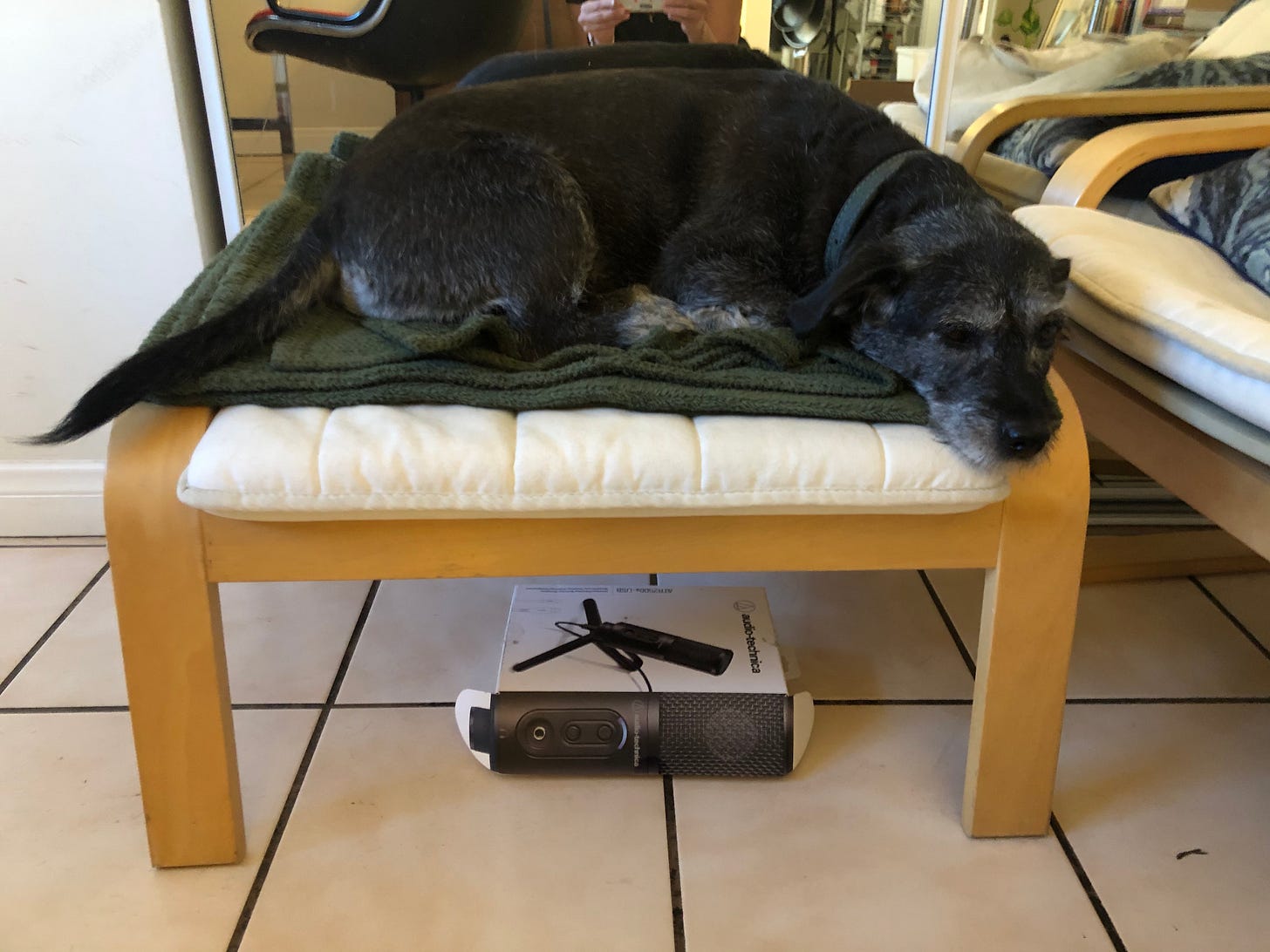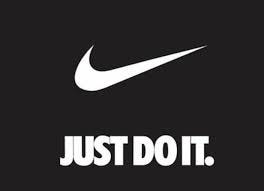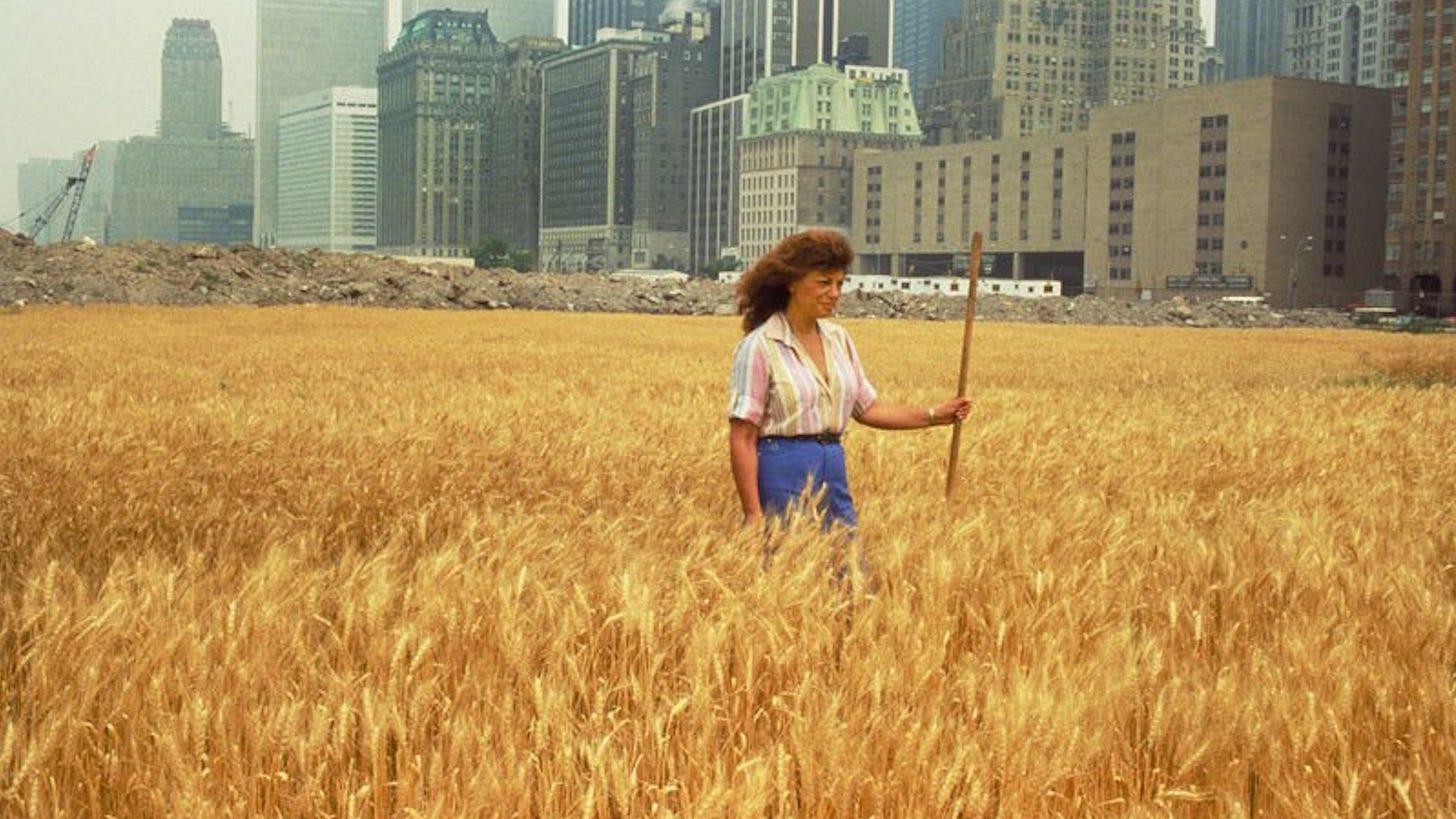Tiny Revolutions №46: The Problem with Mental Models
You just can’t educate yourself out of fucking up 🤷♀️
Hi, I’m Sara, and this is Tiny Revolutions, a weekly dispatch of personal writing and links about the art of becoming who you are. Reply anytime, I love to hear from you.

Last week I wrote a tweet that went viral-ish (288 likes and counting!). I'd been scrolling through Twitter when I came across some tech bro talking about how having the right mental model is critical to success, and, being the cranky contrarian that I am, I fired off this:
Mind you, this was mainly a tweet to myself. I have been talking about starting a podcast for months now — have come up with a name, made a logo, recruited some guests, told y'all about it, been given a mic (!), even recorded an episode with one poor guy (whose interview I'm just sitting on) — but keep failing to pull the trigger. In the meantime I've read what feels like a bajillion articles about the best way to start a podcast.
One thing the internet has really done is give us an endless, instantly available amount of instructions for how to do things. Which is amazing, truly. There has never been a better time to be alive if you are curious and ambitious — the knowledge is all out there for the taking, and it's often free. After all, why make your own mistakes when you can learn first from the mistakes of others?
But you know, feeling like you need a framework or mental model to get started can really fuck you up. Embarking upon any sort of creative enterprise is an exercise in overcoming what is often brutal resistance from our own brains. That we're not good enough, that we don't know enough about our topic, that we will embarrass ourselves with our dumb thinking and everyone will laugh at us forever ha ha ha (sob). So adding the idea that we need to have already absorbed the right information to make it go further and faster just adds another thick layer of angst to the process.
The downfall with putting so much stock in frameworks and mental models is that they foster the illusion that there's one "right" way to do anything. We reach for them because we think they're a shortcut to success, brilliance, mastery, etc. And we build up stories in our heads about how we too can write the great American novel, build the next Amazon, become the next Oprah/Elon/Dolly/etc. if we just have the right knowledge and support at our disposal. If only it were that simple.
Don’t get me wrong, I am 100% into learning and the pursuit of knowledge. But there’s a certain point at which you have to just dive in and see for yourself, amateur mistakes and wrong thinking be damned. As Carl Jung said, “Intellectualism is a common cover-up for fear of direct experience.”
Thanks to the work of people like James Clear and Shane Parrish, mental models, it seems, are the latest, trendiest balm for that ongoing wound characteristic of the human experience — the terror of flinging oneself into the unknown. For all they offer us in terms of wisdom, they also promise a false sense of security.
Which is not very helpful, because when we’re starting something, what we really need is faith.
I guess I gotta fish that mic out from under the ottoman and the dog and my ongoing fear of revealing myself to be a moron via recorded media, which, presumably, I’m already doing here. (And yet, here you are! Thank you.)
Speaking of which, welcome to new subscribers! There were a whole slew of you who joined last week. Glad to have you on this ongoing train of alternating insecurity, doubt, faith, and self-belief. It’s a process, as they say. Reply to me and say hello if you get a chance.
“Composition is the arrangement of unequal things. Which means it’s for the composer to determine what’s equal to what, and what matters more and what can be set to the side of life’s hurtling passage onward.”
— Richard Ford in the excellent novel Canada, which I highly recommend if you like novels with epic scale
This week I learned about “Wheatfield -- A Confrontation,” an art installation from 1982, where artist Agnes Denes planted and harvested two acres of wheat on the Battery Park landfill in Lower Manhattan. It was and is a brilliant social commentary, and I sincerely doubt frameworks were involved in its creation.
Relevant.
That’s all for me this week. See you next Sunday.
😘
Sara
p.s. If you got something out of this newsletter, do me a favor and share it with a friend!








